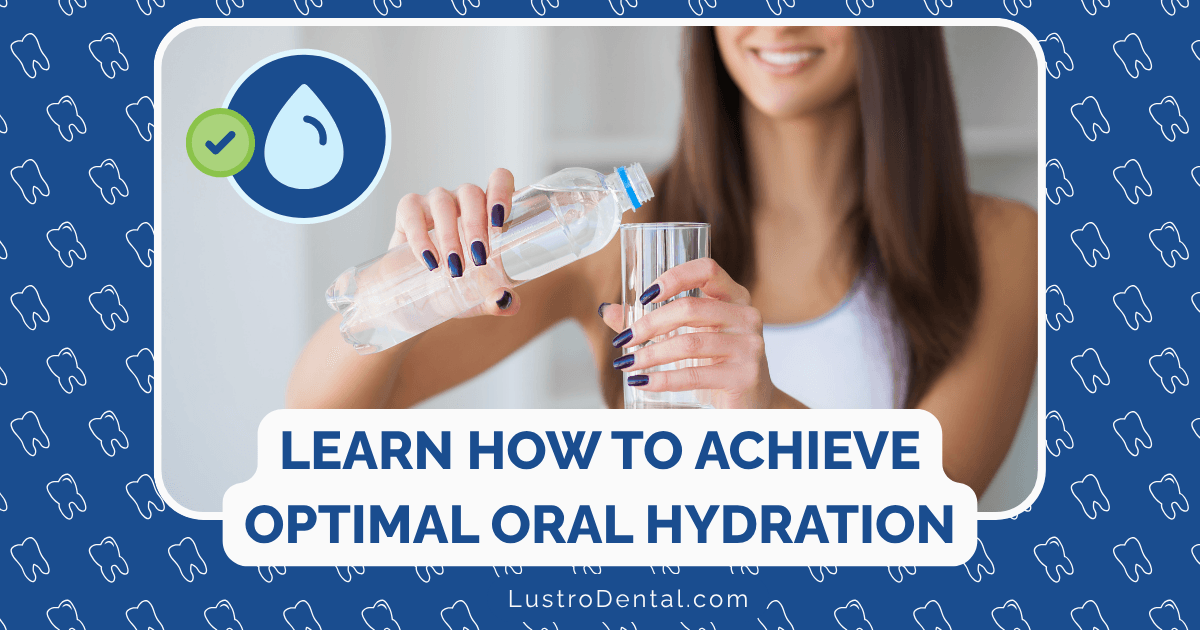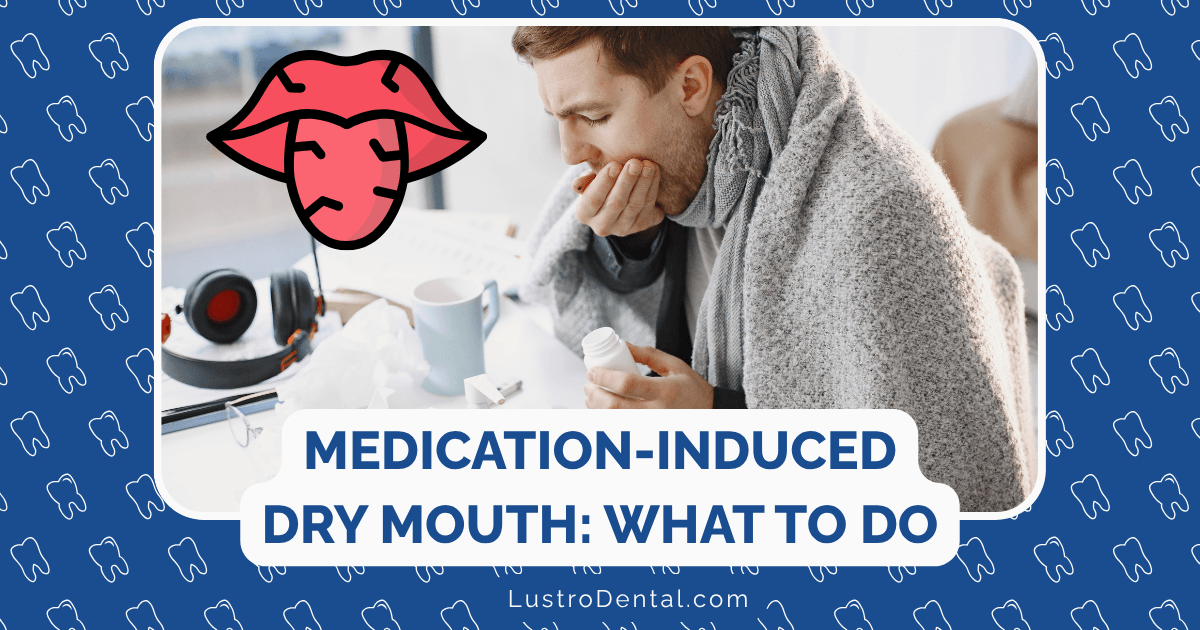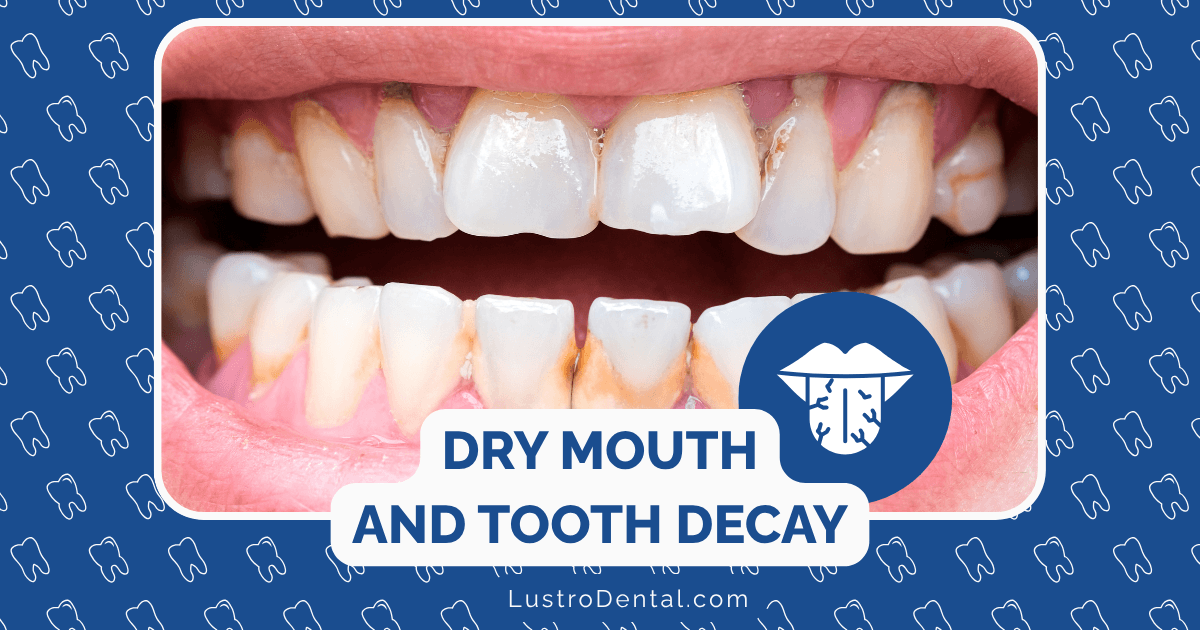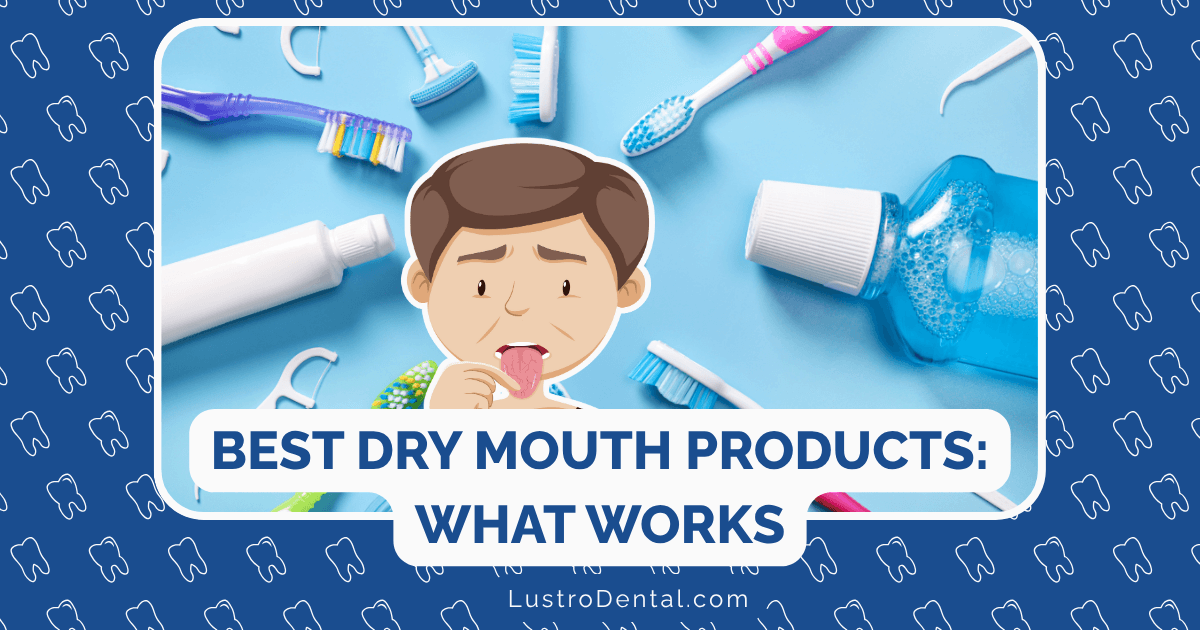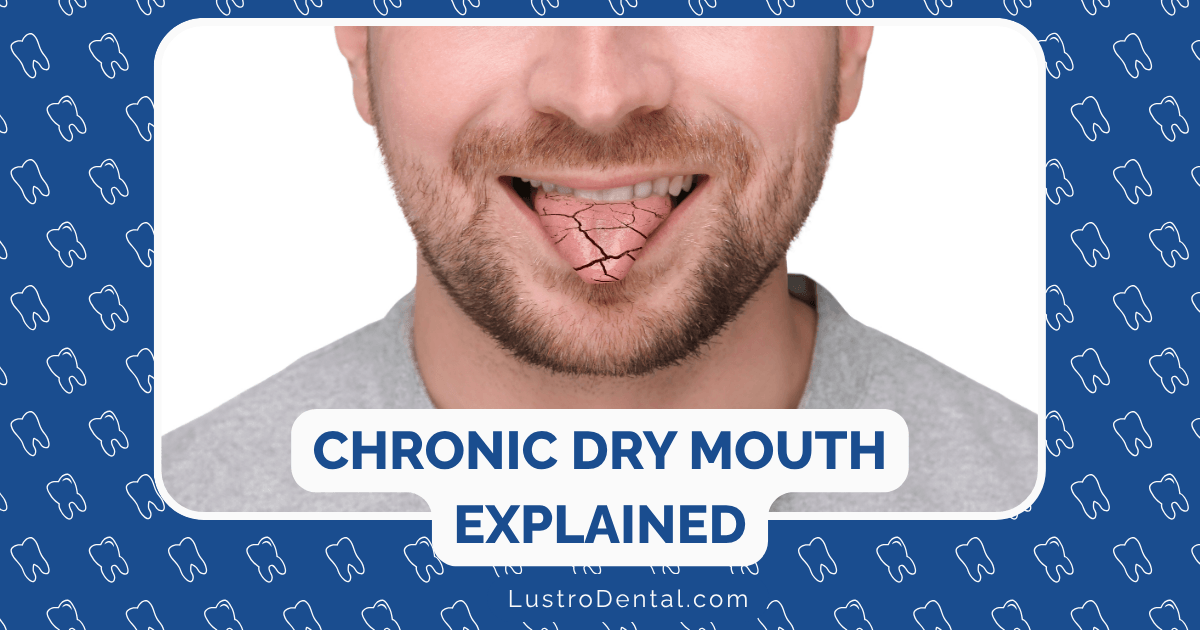Dry Mouth and Alcohol: The Dehydration Connection
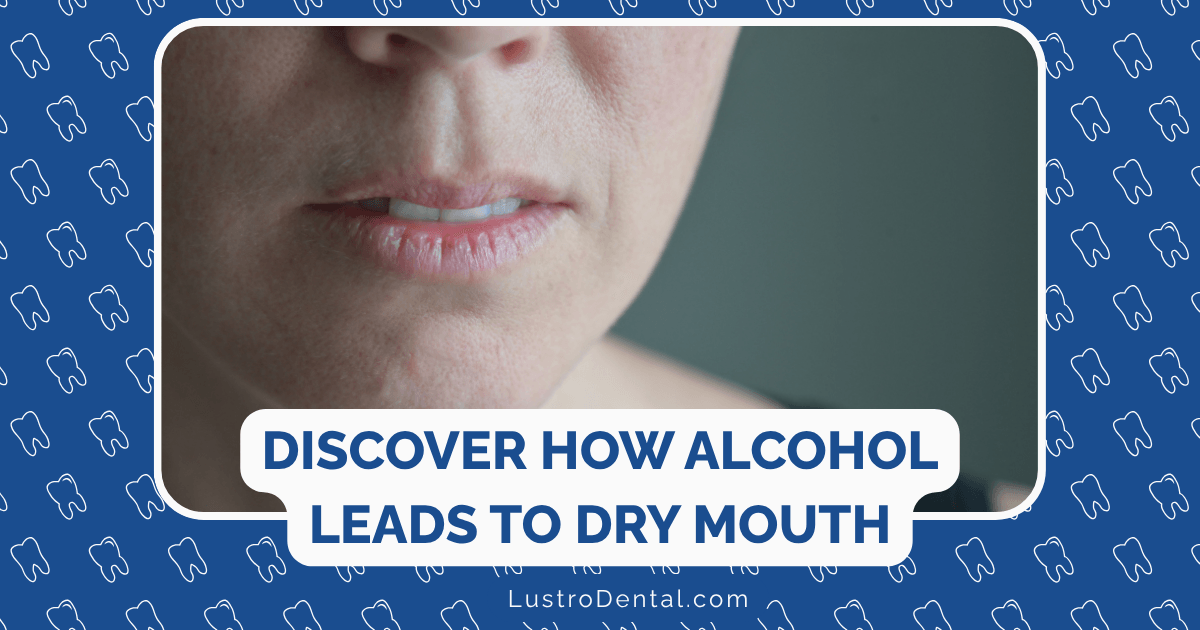
That parched, sticky feeling in your mouth after a night of drinking isn’t just an uncomfortable side effect—it’s your body sending an important signal. Dry mouth, or xerostomia as medical professionals call it, is more than just a temporary inconvenience when it comes to alcohol consumption. It represents a complex interplay between dehydration, saliva production, and your overall oral health.
Understanding Xerostomia: More Than Just Thirst
Xerostomia affects approximately 22% of the global population, according to the American Dental Association, but its prevalence skyrockets among alcohol consumers. This condition goes far beyond simple thirst—it represents a significant decrease in saliva production that can have cascading effects on your oral and overall health.
Normal saliva production ranges from 0.5 to 1.5 liters daily, with healthy unstimulated flow rates of 0.3 to 0.4 mL per minute. When alcohol enters the picture, these numbers can drop dramatically, creating an environment ripe for oral health problems.
The Alcohol-Dehydration Pathway: How It Happens
The Diuretic Effect
Alcohol is a powerful diuretic, meaning it increases urine production and output. According to Penn Dental Medicine, this diuretic effect begins almost immediately after consumption.
Here’s how the process unfolds:
- Alcohol suppresses vasopressin: Also known as antidiuretic hormone (ADH), vasopressin tells your kidneys to reabsorb water instead of excreting it. Alcohol inhibits this hormone.
- Increased kidney filtration: With vasopressin suppressed, your kidneys filter out more water than usual, sending it to your bladder.
- Frequent urination: The familiar “breaking the seal” phenomenon during a night of drinking represents this increased urine production.
- Net fluid loss: For every alcoholic drink consumed, your body eliminates approximately 120ml of additional fluid beyond what was in the drink itself.
This systemic dehydration directly impacts saliva production. Your body, facing a fluid deficit, prioritizes essential functions and reduces saliva output as a conservation mechanism.
Direct Impact on Salivary Glands
Beyond the systemic dehydration, alcohol directly affects the salivary glands themselves:
- Glandular irritation: Alcohol’s chemical properties can irritate and inflame salivary gland tissue, temporarily reducing function.
- Cellular dehydration: The cells within salivary glands experience dehydration at the cellular level, impairing their ability to produce saliva.
- Altered saliva composition: The saliva that is produced often becomes thicker and less effective at its protective functions.
Research from the National Center for Biotechnology Information indicates that these effects can persist long after the alcohol has been metabolized, especially in chronic drinkers.
Beyond Discomfort: The Health Implications
Dry mouth isn’t just uncomfortable—it represents a significant risk factor for numerous oral health problems:
Accelerated Tooth Decay
Saliva plays a crucial role in protecting your teeth from decay:
- It washes away food particles and bacteria
- It neutralizes acids that erode enamel
- It contains calcium and phosphate that help remineralize early decay
- It delivers protective proteins and antibodies
With reduced saliva flow, these protective mechanisms are compromised. According to Northampton Dental, the resulting environment becomes a breeding ground for decay-causing bacteria, leading to a significantly higher cavity risk.
Gum Disease Progression
Dry mouth creates favorable conditions for gum disease development and progression:
- Bacterial biofilms accumulate more readily
- Gum tissues become irritated and inflamed
- The immune response is compromised
- Healing and tissue repair are impaired
A 2015 study cited by Penn Dental Medicine found that regular alcohol users without pre-existing periodontitis had more gum bleeding than non-drinkers, while those with existing gum disease saw their condition worsen with increased alcohol consumption.
Oral Infections
The antimicrobial properties of saliva help keep opportunistic infections at bay. When saliva flow decreases:
- Candida (yeast) infections become more common
- Bacterial infections can take hold more easily
- Existing infections become more difficult to resolve
The Mayo Clinic notes that chronic dry mouth significantly increases the risk of oral thrush and other opportunistic infections, particularly in those who consume alcohol regularly.
Altered Taste and Nutrition
Dry mouth can significantly impact taste perception and nutritional intake:
- Taste buds require moisture to function properly
- Food becomes more difficult to chew and swallow
- Enjoyment of eating decreases
- Nutritional deficiencies may develop
These effects can create a vicious cycle, as poor nutrition further compromises oral health and immune function.
The Morning After: Hangover and Xerostomia
The morning after drinking often brings the most severe dry mouth symptoms, commonly known as “cotton mouth.” This intensified xerostomia results from:
- Cumulative dehydration: Hours of diuretic effects without adequate water replacement
- Sleep-related factors: Mouth breathing and reduced nighttime saliva production
- Residual alcohol effects: Continued impact on salivary function even as blood alcohol levels decrease
- Inflammatory response: The body’s reaction to alcohol metabolism byproducts
This severe dry mouth contributes significantly to the discomfort of hangovers, along with headache, fatigue, and nausea.
Beyond Casual Drinking: Chronic Alcohol Use and Xerostomia
For those who drink regularly or heavily, the relationship between alcohol and dry mouth becomes more complex and concerning:
Adaptation and Dependency
With chronic alcohol use, the body attempts to adapt to regular dehydration:
- Thirst perception may become blunted
- The body becomes less efficient at conserving water
- Salivary glands may undergo structural changes
- Oral tissues may become less sensitive to moisture levels
According to Cigna, these adaptations can mask the severity of xerostomia while its damaging effects continue unchecked.
Compounding Factors
Several factors can worsen alcohol-related dry mouth in chronic drinkers:
- Nutritional deficiencies: Common in heavy drinkers, these can impair salivary gland function
- Medication use: Many medications used to treat alcohol-related conditions also cause dry mouth
- Liver function changes: Affect fluid balance throughout the body
- Sleep disturbances: Alter the natural daily rhythm of saliva production
These factors create a perfect storm for severe, chronic xerostomia with significant health consequences.
Breaking the Cycle: Managing Alcohol-Related Dry Mouth
Whether you’re an occasional social drinker or looking to reduce alcohol’s impact on your oral health, several strategies can help mitigate dry mouth:
During Drinking Episodes
- Practice 1:1 hydration: For every alcoholic drink, consume at least one full glass of water.
- Choose your drinks wisely: Lower alcohol content beverages generally cause less dehydration.
- Avoid sugary mixers: These compound the negative effects on oral health.
- Consider timing: Allowing several hours between your last drink and bedtime gives your body time to rehydrate before sleep.
According to Newmarket Dental, these simple strategies can significantly reduce the severity of alcohol-related dry mouth.
Recovery Strategies
- Aggressive rehydration: Water is the best choice, but electrolyte-containing beverages can help restore balance more quickly.
- Saliva stimulation: Sugar-free gum or lozenges can help activate remaining salivary function.
- Oral moisturizers: Over-the-counter dry mouth products can provide temporary relief.
- Cool mist humidifier: Adding moisture to the air while sleeping can reduce nighttime symptoms.
Long-Term Approaches
- Moderation: The Canadian Centre on Substance Use and Addiction now recommends limiting alcohol consumption to no more than two drinks per week to reduce health risks.
- Regular dental care: More frequent checkups may be necessary for those who drink regularly.
- Saliva substitutes: For chronic issues, your dentist may recommend regular use of artificial saliva products.
- Medical consultation: In severe cases, prescription medications like pilocarpine or cevimeline may be appropriate.
The Bottom Line: Knowledge and Balance
Understanding the connection between alcohol, dehydration, and dry mouth empowers you to make informed choices about your drinking habits and oral health care. While occasional alcohol consumption is unlikely to cause lasting damage, regular or heavy drinking creates significant risks that require proactive management.
By recognizing the early signs of xerostomia and taking steps to maintain adequate hydration and saliva production, you can enjoy social drinking while minimizing its impact on your oral health. And if you’re experiencing persistent dry mouth symptoms, a conversation with your dental professional can help identify the most effective management strategies for your specific situation.
Remember, your mouth’s natural moisture balance is a delicate system that plays a crucial role in protecting your overall health—and maintaining that balance is well worth the effort.


